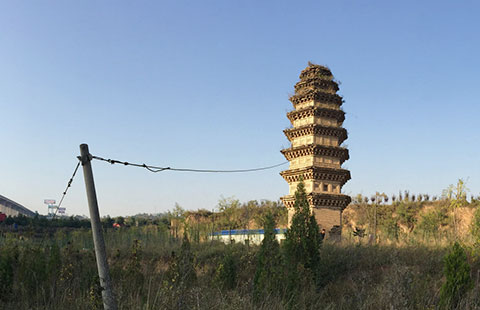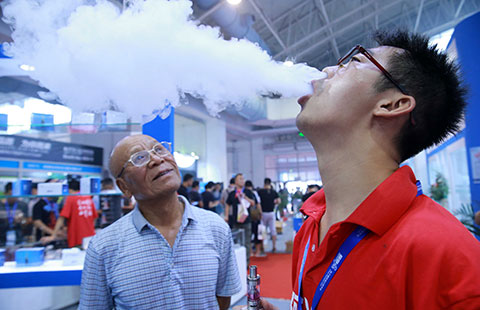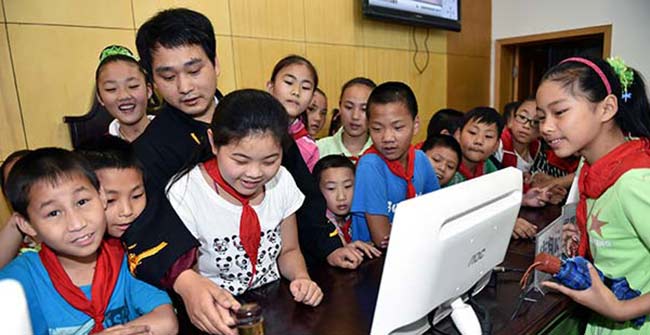UNESCO decision 'beyond criticism'
By Wang Xu (China Daily) Updated: 2015-10-15 07:02A former Japanese prime minister called on Tokyo to display a more humble attitude toward the UN cultural body's decision to incorporate Chinese documents on the Nanjing Massacre into the Memory of the World Register.
"Japan should not criticize UNESCO's decision, as they made it not under pressure from China but based on the common values of the international community," Yukio Hatoyama, who served as Japan's prime minister from 2009 to 2010, told China Daily on Wednesday while attending the Binhai Forumon Peace& Development in North-East Asia in Tianjin.
His comments were in response to those made on Monday by Yoshihide Suga, Japan's chief cabinet secretary, who threatened to cut funding to UNESCO and questioned the cultural body's "fairness and transparency".
On Tuesday, Foreign Ministry spokeswoman Hua Chunying said it was shocking and completely unacceptable that Japan blatantly threatened UNESCO.
The Japanese may threaten to reduce financial contributions to relevant UN agencies, but it cannot remove the stain it left on history, Hua said.
The Japanese army launched the war and claimed the lives of many Chinese people, which is an indisputable fact, Hatoyama said, adding that even if you kill just one person, a crime has been committed.
"In Japan, there is this point of view that doubts the accuracy of the number of victims of the Nanjing Massacre. However, I think we should not concentrate on the number itself but on getting a correct understanding of the fact and taking responsibility for it as the offender," he said.
Commenting on State Councilor Yang Jiechi's meeting with Japanese Prime Minister Shinzo Abe on Wednesday, Hatoyama said Yang's visit will definitely lay a solid foundation for a trilateral summit between China, Japan and South Korea.
"Various disputes may occur between different countries, and I think it is a very positive thing to have a summit like this to nip these disputes in the bud," Hatoyama said.
Yang's visit to Japan is a rare opportunity, and the Japanese government should take advantage of it and play a more active role in the free trade agreement negotiations between Japan, China and South Korea, he said.
"Meanwhile, I think Japan is already late in the investment process for the Asian Infrastructure Investment Bank proposed by President Xi Jinping," Hatoyama said.
"I hope that the Japanese government can catch up with other countries in such initiatives."
- Govt to spend $22b on bringing 98% rural areas online by 2020
- Taiwan flight-transfer talks continue
- China vows to increase support for refugees
- Scientists sink teeth into history of humans in Asia
- Official urges right path for mainland-Taiwan relations development
- Former vice police chief on trial for bribery
- Air force now able to launch long-range, precision strikes
- Cheating in civil servant exams means seven-year jail
- Uninsured clergy face retirement crisis
- Xi: Global reforms in urgent need







